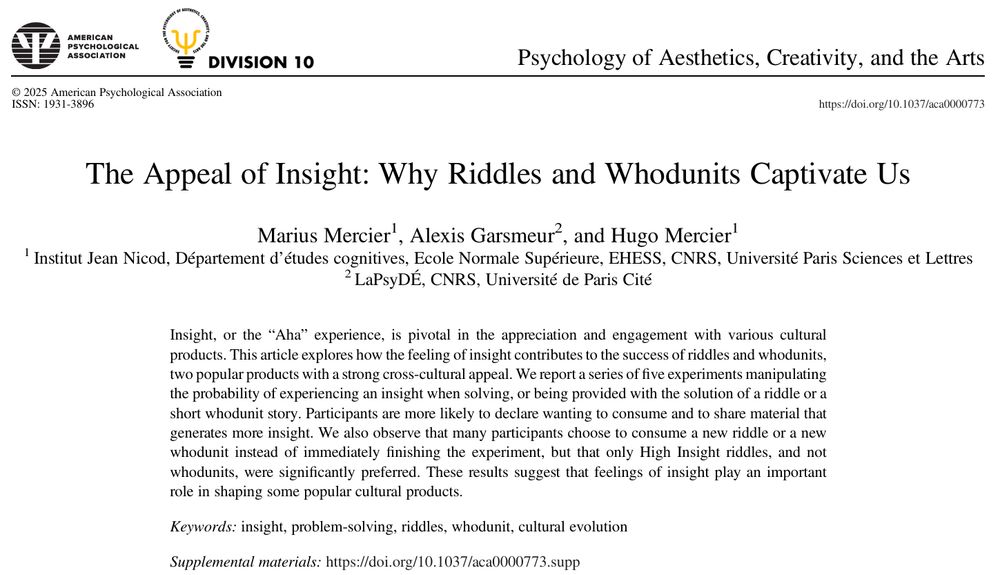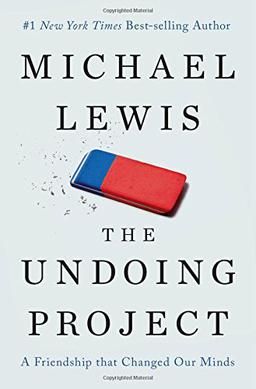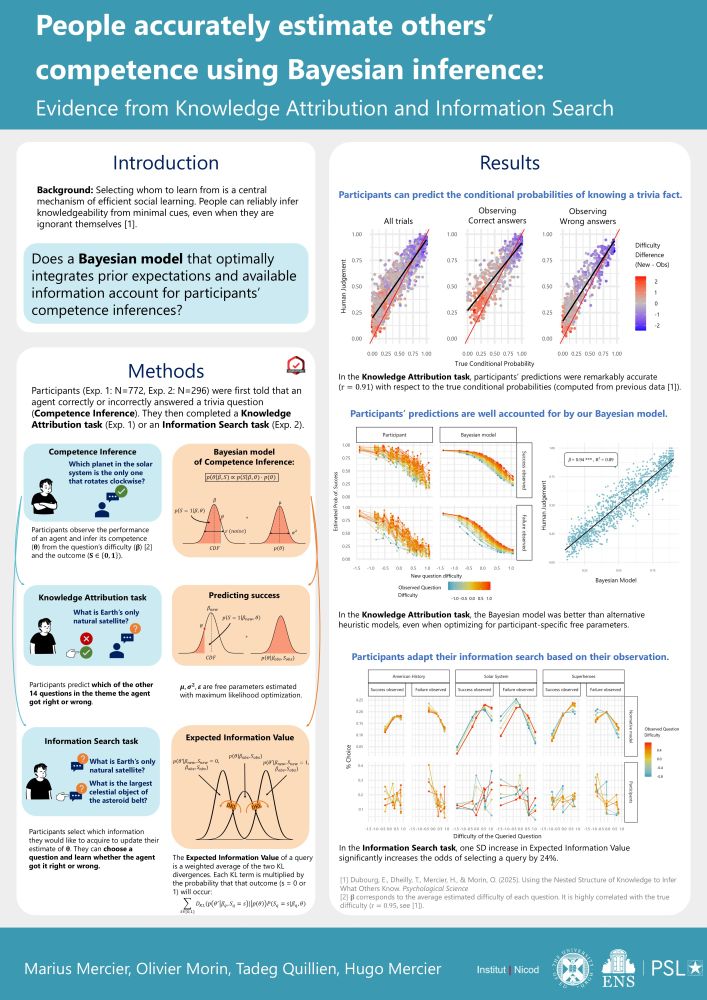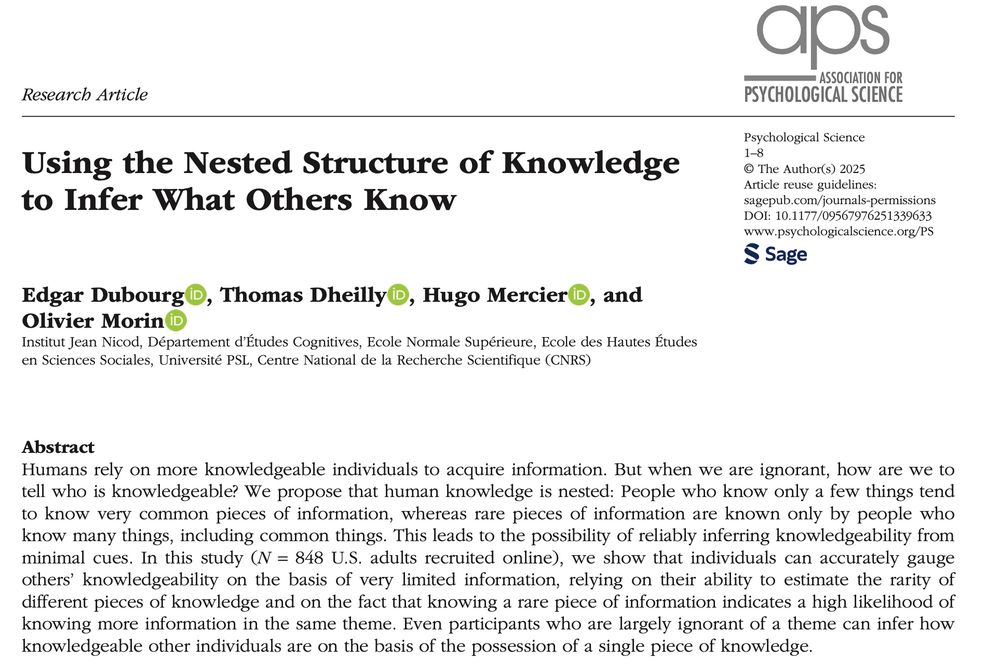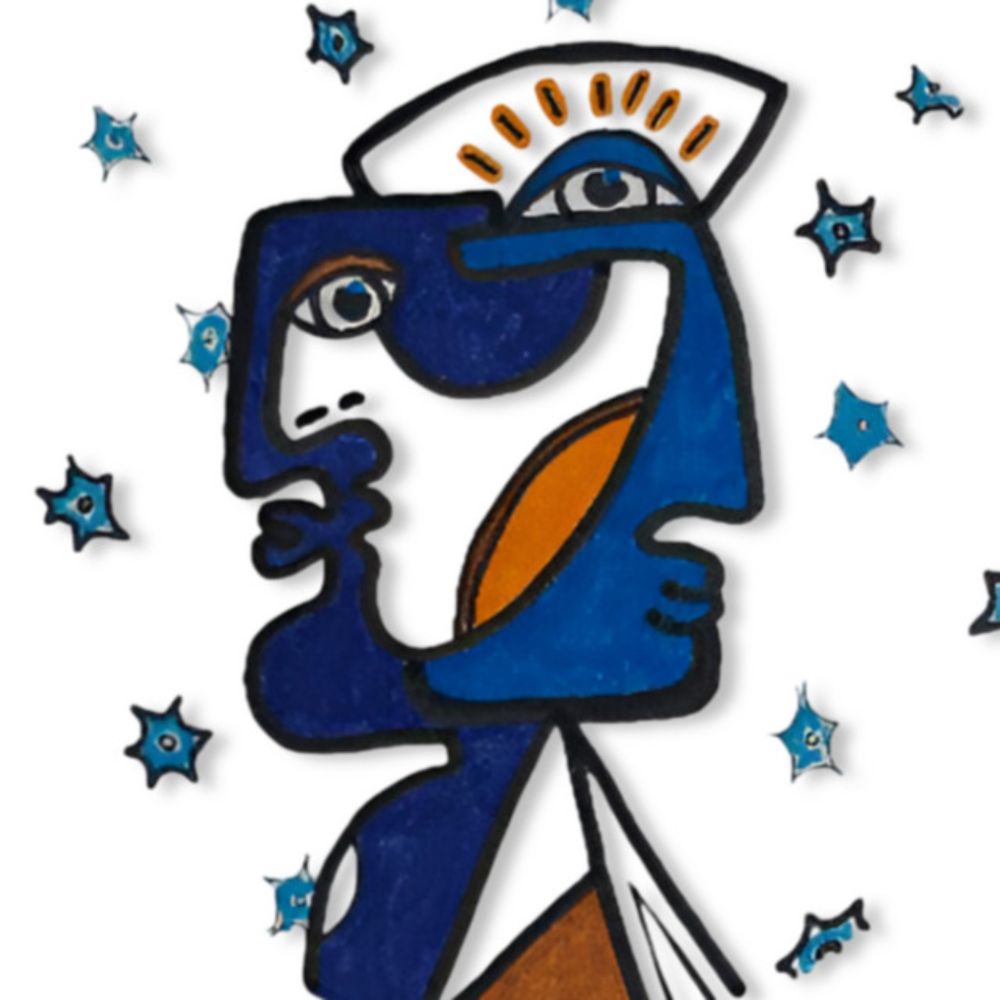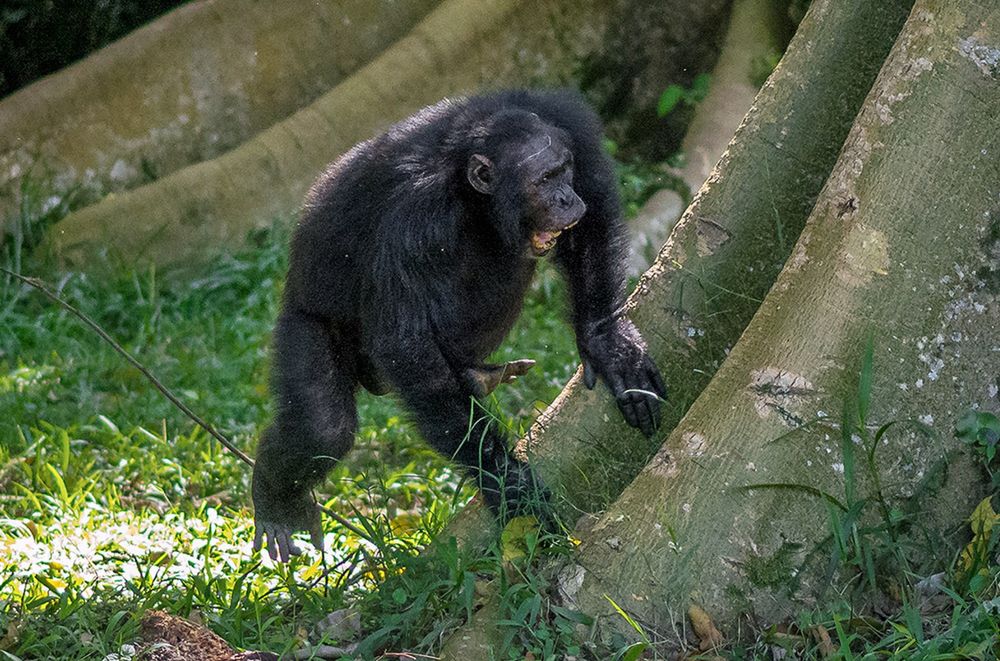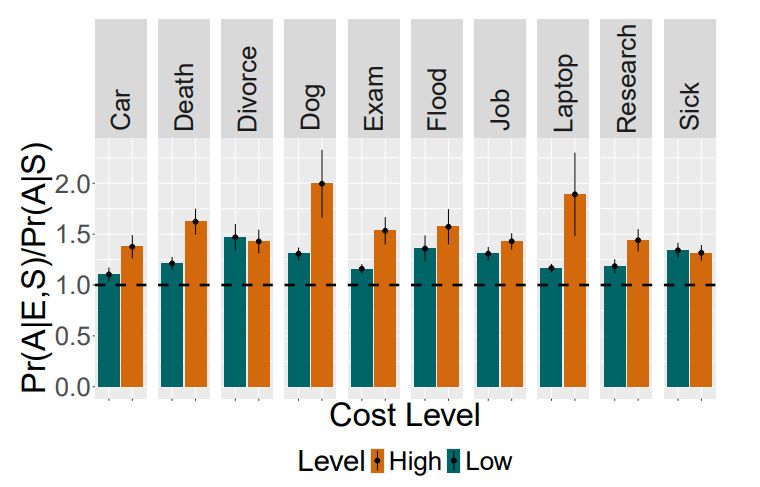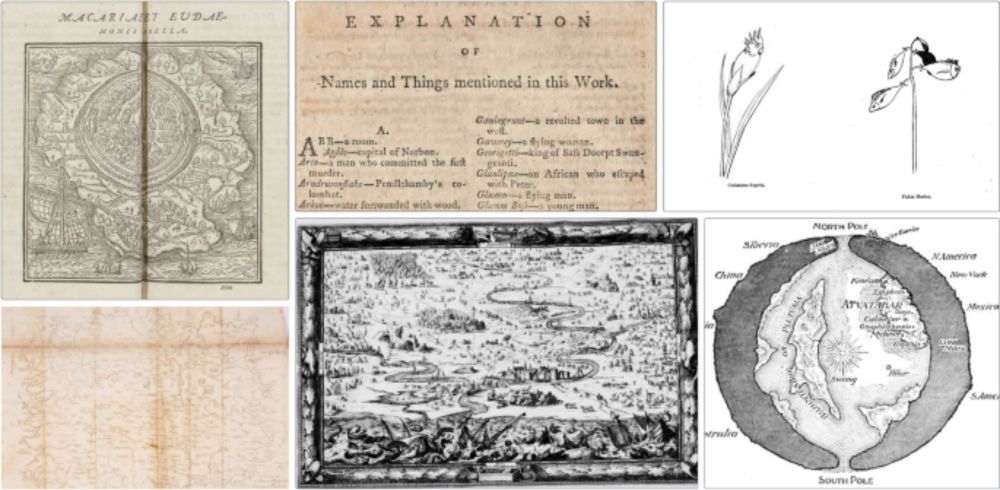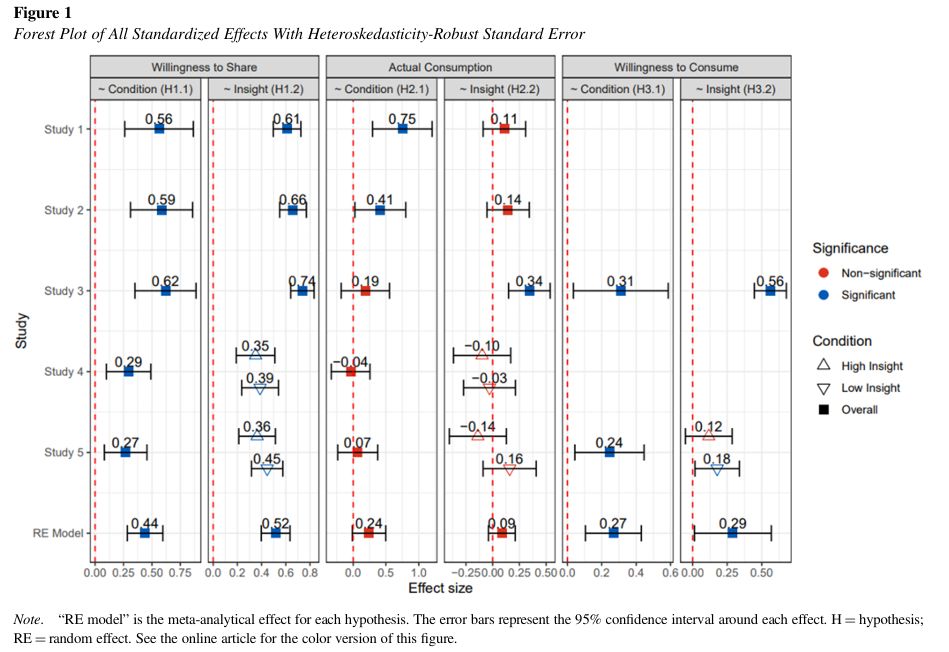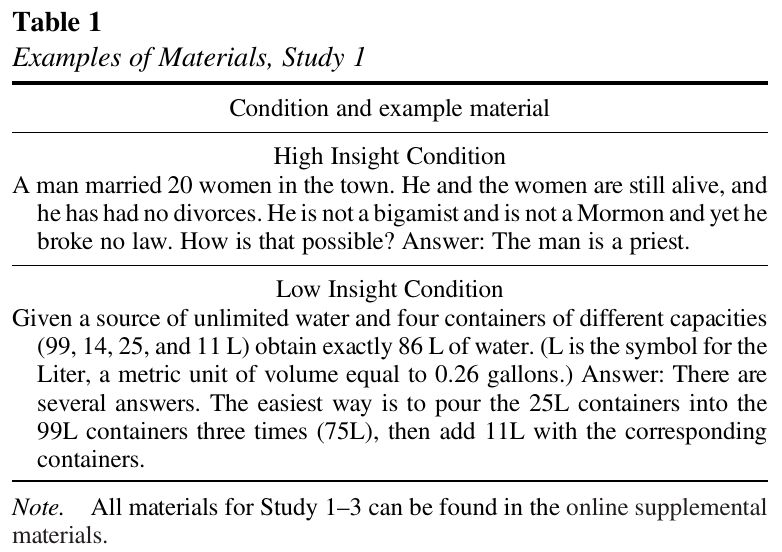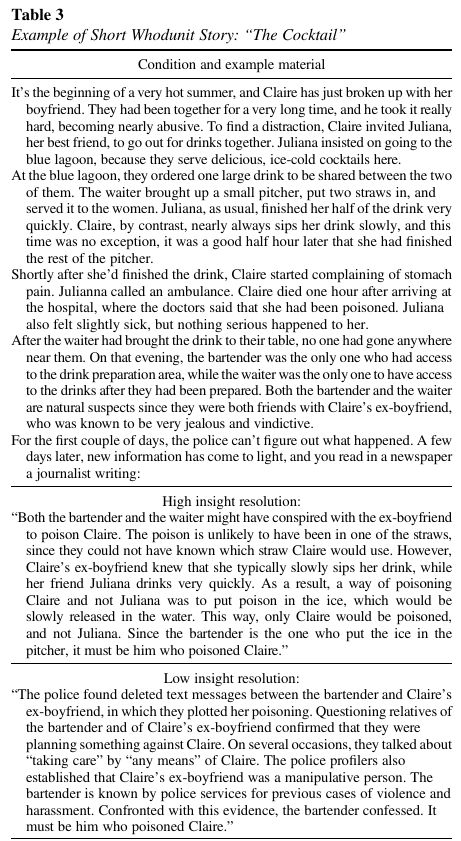Marius Mercier
@mariusmercier.bsky.social
250 followers
710 following
73 posts
PhD student in Cognitive Psychology | ENS-PSL. Currently working on the dynamics of impression formation, reputation management, and how it impacts our behavior.
https://mariusmercier.github.io
Posts
Media
Videos
Starter Packs
Pinned
Marius Mercier
@mariusmercier.bsky.social
· Jul 10
Daniel Lakens
@lakens.bsky.social
· Jul 10

A Lay Theory of the Successful Graduate Student/Academic
Just recently, the Chronicle of Higher Education ran a piece on what it takes to be successful in an academic career. It was a pleasant essay, which emphasized some of the usual suspects like indu…
pigee.wordpress.com
Reposted by Marius Mercier
Reposted by Marius Mercier
Marius Mercier
@mariusmercier.bsky.social
· Jun 11
Reposted by Marius Mercier
Marius Mercier
@mariusmercier.bsky.social
· Apr 29
Reposted by Marius Mercier
Marius Mercier
@mariusmercier.bsky.social
· Apr 24
Marius Mercier
@mariusmercier.bsky.social
· Apr 23
Marius Mercier
@mariusmercier.bsky.social
· Apr 22


